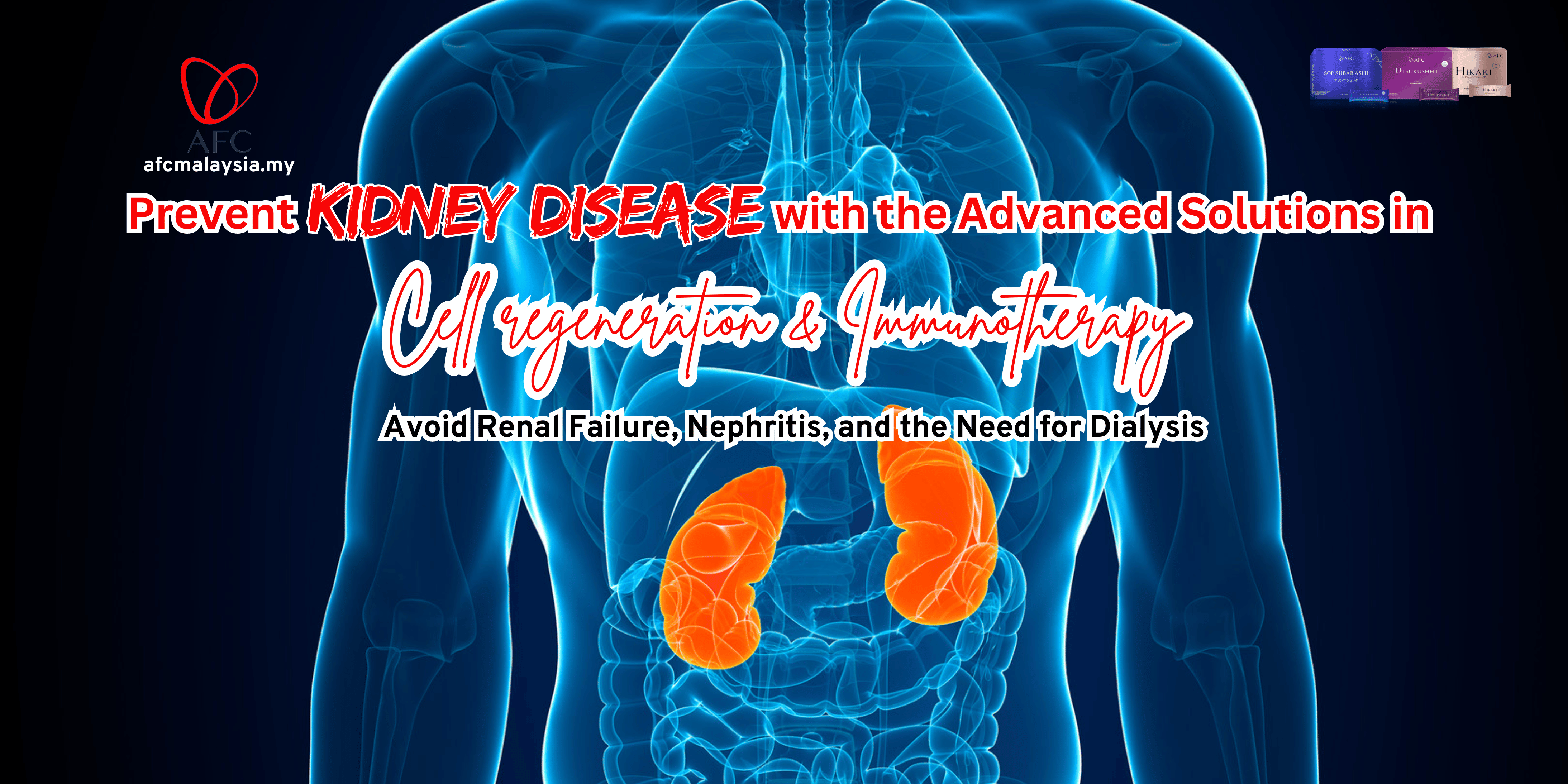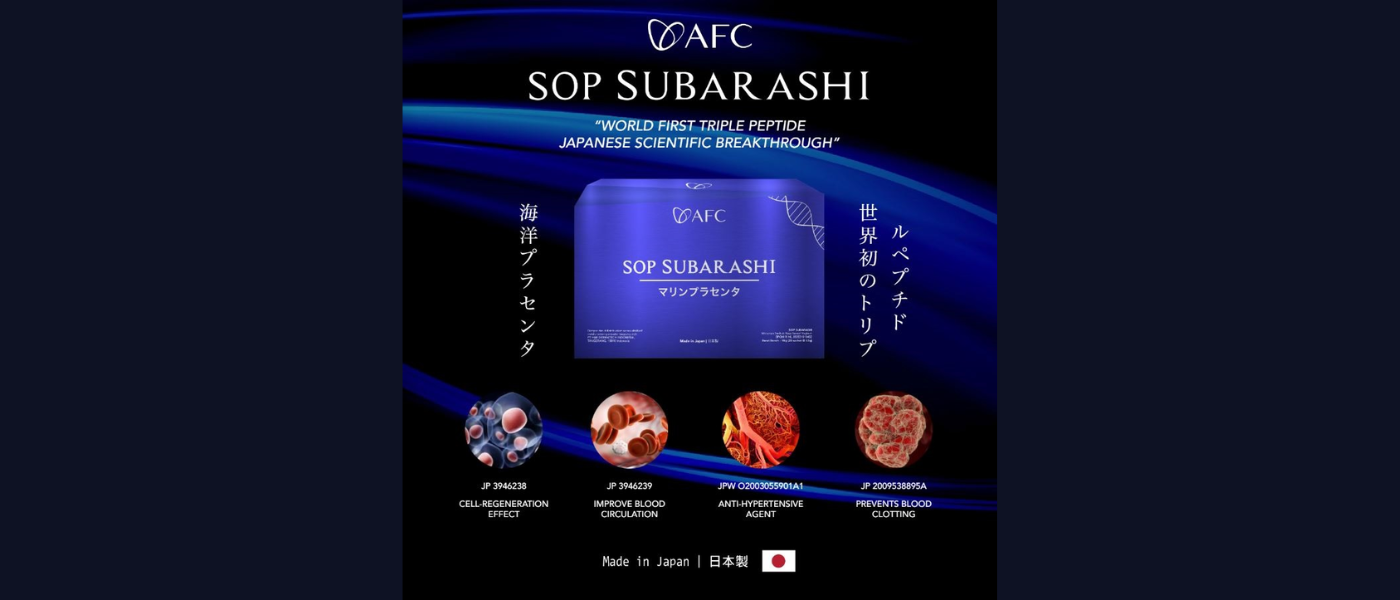
KIDNEY DISEASE : Causes, Symptoms, and Solutions
Overview
Kidney disease, also known as renal disease, encompasses a range of conditions that impair kidney function. The kidneys are vital organs responsible for filtering waste products from the blood, regulating blood pressure, balancing electrolytes, and producing hormones that affect red blood cell production. When kidney function deteriorates, waste builds up in the body, leading to various health complications.
Causes
Kidney disease can be classified into two main categories: acute kidney injury (AKI) and chronic kidney disease (CKD). Each has different causes.
1. Chronic Kidney Disease (CKD):
- Diabetes: High blood sugar levels from diabetes can damage the blood vessels in the kidneys, leading to CKD.
- Hypertension (High Blood Pressure): Persistent high blood pressure can harm the kidney's blood vessels and affect their ability to filter blood effectively.
- Glomerulonephritis: Inflammation of the glomeruli, the filtering units of the kidneys, can result from infections, autoimmune diseases, or other conditions.
- Polycystic Kidney Disease (PKD): A genetic disorder characterized by the growth of cysts in the kidneys, leading to kidney enlargement and impaired function.
- Prolonged Use of Certain Medications: Nonsteroidal anti-inflammatory drugs (NSAIDs), some antibiotics, and other medications can cause kidney damage if used excessively or inappropriately.
- Kidney Stones: Repeated kidney stones can cause obstructions and damage to the kidneys over time.
- Chronic Urinary Tract Infections: Recurrent infections can lead to kidney damage if not properly managed.
2. Acute Kidney Injury (AKI):
- Severe Dehydration: Loss of fluids due to vomiting, diarrhea, or excessive sweating can lead to AKI.
- Acute Infection: Serious infections or sepsis can cause rapid kidney damage.
- Obstruction: Blockages in the urinary tract, such as from kidney stones or tumors, can lead to AKI.
- Medications and Toxins: Exposure to nephrotoxic substances or certain medications can result in sudden kidney damage.
- Trauma: Physical injury to the kidneys can cause acute damage.
Symptoms
Symptoms of kidney disease can vary depending on the stage and severity of the condition. Many early stages of CKD may be asymptomatic. However, common symptoms include:
1. General Symptoms:
- Fatigue and weakness
- Swelling in the legs, ankles, or feet (edema)
- Shortness of breath
- Nausea and vomiting
- Loss of appetite
- Difficulty sleeping
2. Urinary Symptoms:
- Changes in urine output (more or less than usual)
- Blood in the urine (hematuria)
- Foamy urine, indicating protein presence
- Frequent urination, especially at night (nocturia)
- Pain or discomfort while urinating
3. Advanced Symptoms:
- High blood pressure
- Unexplained weight loss
- Itchy skin
- Metallic taste in the mouth
Prevalence
Kidney disease is a global health issue affecting millions of people. According to the Global Burden of Disease Study:
- Approximately 9-13% of the global population has some form of CKD.
- In the United States, over 37 million adults are estimated to have CKD, with about 1 in 7 adults affected.
- The prevalence of kidney disease is increasing due to rising rates of diabetes, hypertension, and an aging population.
Solutions and Management
1. Prevention and Lifestyle Modifications:
- Healthy Diet: Adopt a diet low in sodium, processed foods, and high in fruits, vegetables, and whole grains. Manage protein intake as advised by a healthcare provider.
- Regular Exercise: Engage in physical activity to manage weight, blood pressure, and blood sugar levels.
- Avoid Smoking and Limit Alcohol: Smoking and excessive alcohol intake can exacerbate kidney problems.
- Hydration: Drink adequate fluids to support kidney function, but be mindful of fluid intake if advised by a doctor, especially in advanced CKD.
2. Medical Management:
- Control Blood Sugar and Blood Pressure: Medications and lifestyle changes to manage diabetes and hypertension are crucial in slowing CKD progression.
- Medications: Use medications to manage symptoms and complications, such as antihypertensives, diuretics, and medications to control cholesterol.
- Regular Monitoring: Regular check-ups with a healthcare provider to monitor kidney function, blood pressure, and other relevant parameters.
3. Advanced Treatments:
- Dialysis: A treatment that performs the function of the kidneys by removing waste and excess fluids from the blood. It is required when kidney function is severely compromised.
- Kidney Transplant: A surgical procedure to replace a failing kidney with a healthy donor kidney. It offers a potential cure for kidney failure but requires lifelong immunosuppressive therapy to prevent rejection.
4. Education and Support:
- Patient Education: Learning about kidney disease, its management, and treatment options is essential for effective disease management.
- Support Groups: Joining support groups or counseling can help individuals cope with the emotional and psychological aspects of chronic kidney disease.
Conclusion
Kidney disease poses significant health challenges, but with early detection and appropriate management, its progression can be slowed, and quality of life improved. Public awareness, regular screening for at-risk individuals, and advancements in medical treatments continue to play crucial roles in combating this condition.

AFC SOP Subarashi has the Cell Regeneration Patent where SOP Subarashi helps you to regenerate damaged cells in your body. In addition, Subarashi has also been clinically proven to help prevent albumin excretion in people with leaky kidneys.
